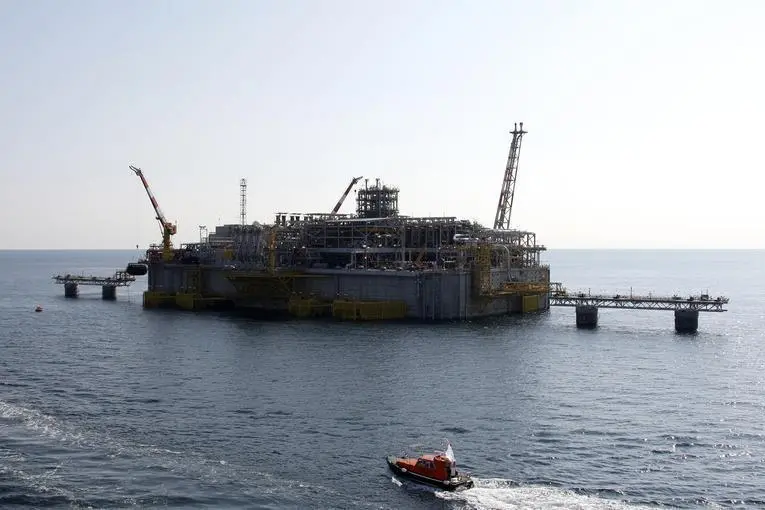PHOTO
DOHA - QatarEnergy signed a partnership deal with TotalEnergies on Sunday for the North Field East expansion of the world's largest liquefied natural gas (LNG) project, and its chief executive said more partners would be announced in the coming days.
The Gulf state is partnering with international energy companies in the first and largest phase of a nearly $30 billion expansion of the North Field project.
Saad al-Kaabi, who is also Qatar's minister of state for energy, said the selection process for partners has been finalised and subsequent signings could be announced as soon as next week.
No company will have a stake higher than TotalEnergies , he added. TotalEnergies Chief Executive Patrick Pouyanne said the company will have 25% of one train - or liquefaction and purification facility - in the project.
The North Field Expansion plan includes six LNG trains that will ramp up Qatar’s liquefaction capacity from 77 million tonnes per annum (mtpa) to 126 mtpa by 2027.
Oil majors have been bidding for four trains of the North Field East expansion, with the other two trains part of a second phase, North Field South.
Kaabi said Qatar has a unified approach, where all four trains are considered one unit. TotalEnergies' 25% stake in one virtual train gives it around 6.25% of the whole four trains.
"We had announced that we are no longer investing in any new project in Russia, so the signing of this project in Qatar is important for us," said Pouyanne.
Kaabi said once the investments have been completed, Asian buyers are expected to make up half the market for the project, and buyers in Europe the rest.
Exxon Mobil Corp, Shell, ConocoPhillips and Eni will also participate in the North Field expansion, sources said.
The project will boost Qatar's position as the world's top LNG exporter and help to guarantee long-term supply of gas to Europe as the continent seeks alternatives to Russian flows, said people with knowledge of the matter.
The top oil and gas producers have been eager to secure a stake in the project, but Qatar's strategy has been to raise the bar on what it expects from potential partners.
QatarEnergy has waited nearly five years to sign partnership agreements and has emphasized that it has abundant capital to self-finance the project.
Total, Exxon, Shell, Italy's Eni and Chevron have offered Qatar Energy opportunities to invest in prize assets they hold overseas.
That move has helped Qatar Energy transform into a significant international player, with stakes in petrochemical facilities and oil blocks around the world, from South Africa to Suriname.
(Reporting by Maha El Dahan; Editing by Michael Georgy, Elaine Hardcastle and Jan Harvey)





















